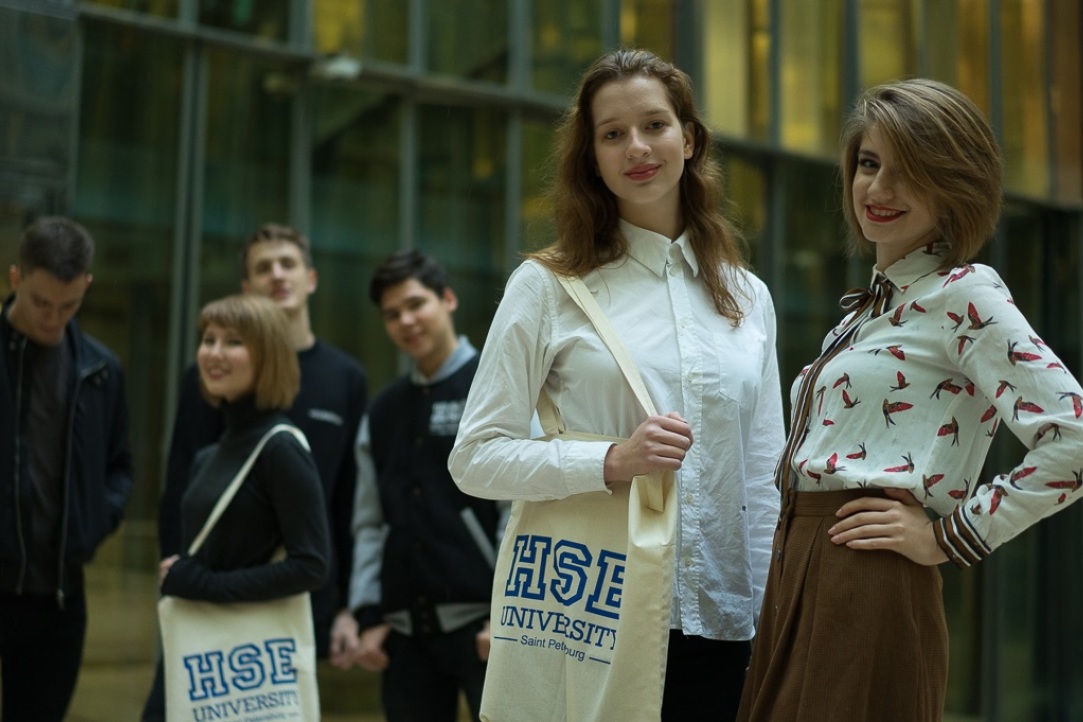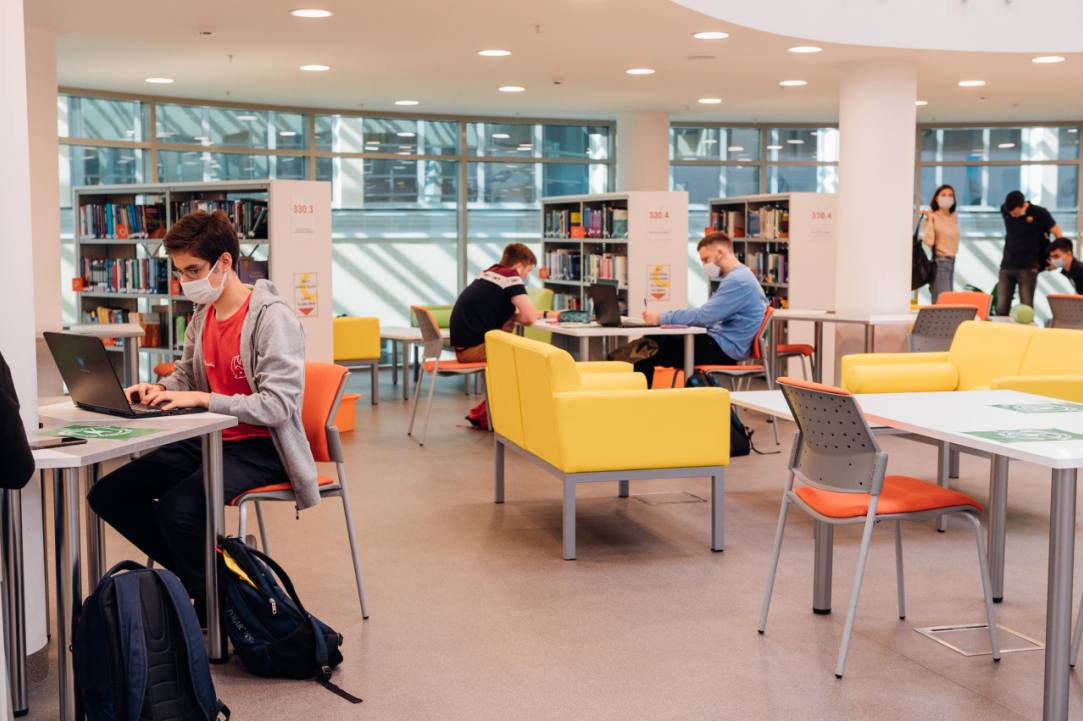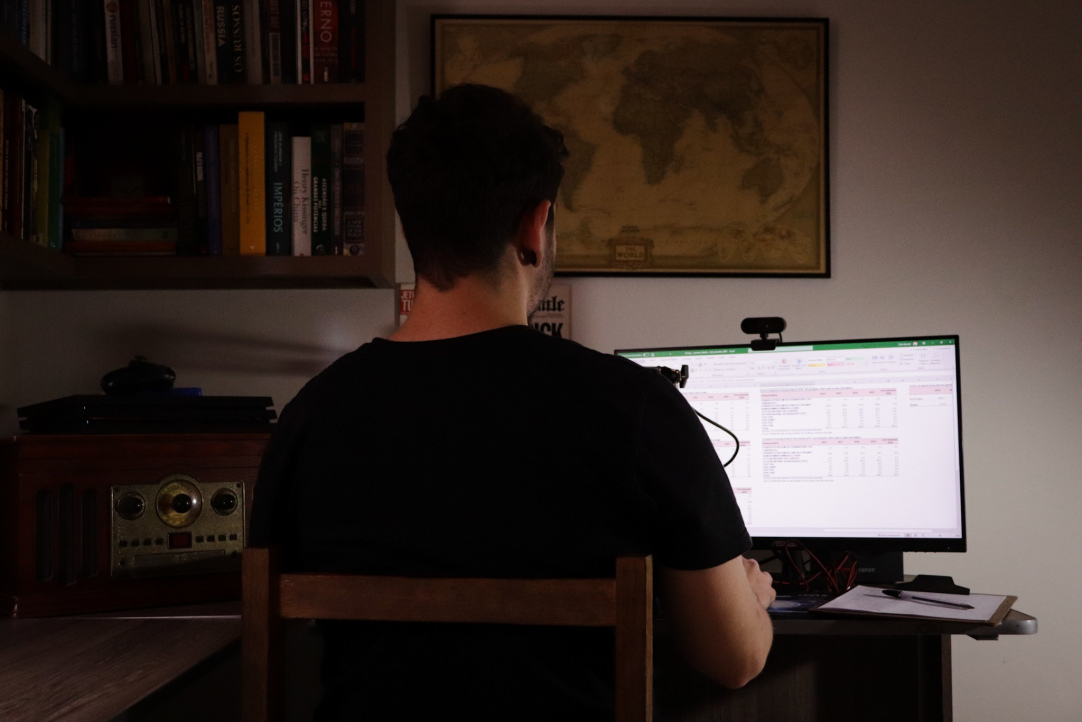Tag "international students"

The New Academic Year at HSE University – St. Petersburg
The HSE St. Petersburg administration has issued an order ‘On the specifics of organizing the educational process with the participation of students and postgraduates of HSE University – St. Petersburg in the 2021–2022 academic year’. The order outlines measures to protect students from COVID-19 for the 2021/2022 academic year.

The New Academic Year Begins Offline for Everyone
Considering the epidemiological situation, the academic year begins in a face-to-face format with compliance with common safety measures in all HSE campuses.
.png)
To be an international student on distant learning: Kennedy Lee, USA
Due to the COVID-19 pandemic, most international students were unable to move to Russia and study alongside their fellow students. Some students of Comparative Politics of Eurasia Master's programme shared their experience of distant learning and detachment from culture and campus. Up first is first-year student Kennedy Lee from the USA.

International Relations, Energy, and a Long-Distance Relationship with Russia: A Brazilian Student's Story
Having earned degrees in International Relations and Energy, Tulio Bunder from Brazil wanted to pursue his research in Eurasian Energy Geopolitics, which led him to the Master's programme in Comparative Politics of Eurasia. Though based in another BRICS country, he decided to study in Russia—and despite the challenges posed by the pandemic and his long-distance relationship with Saint Petersburg and HSE University, he seems happy with his choice.

